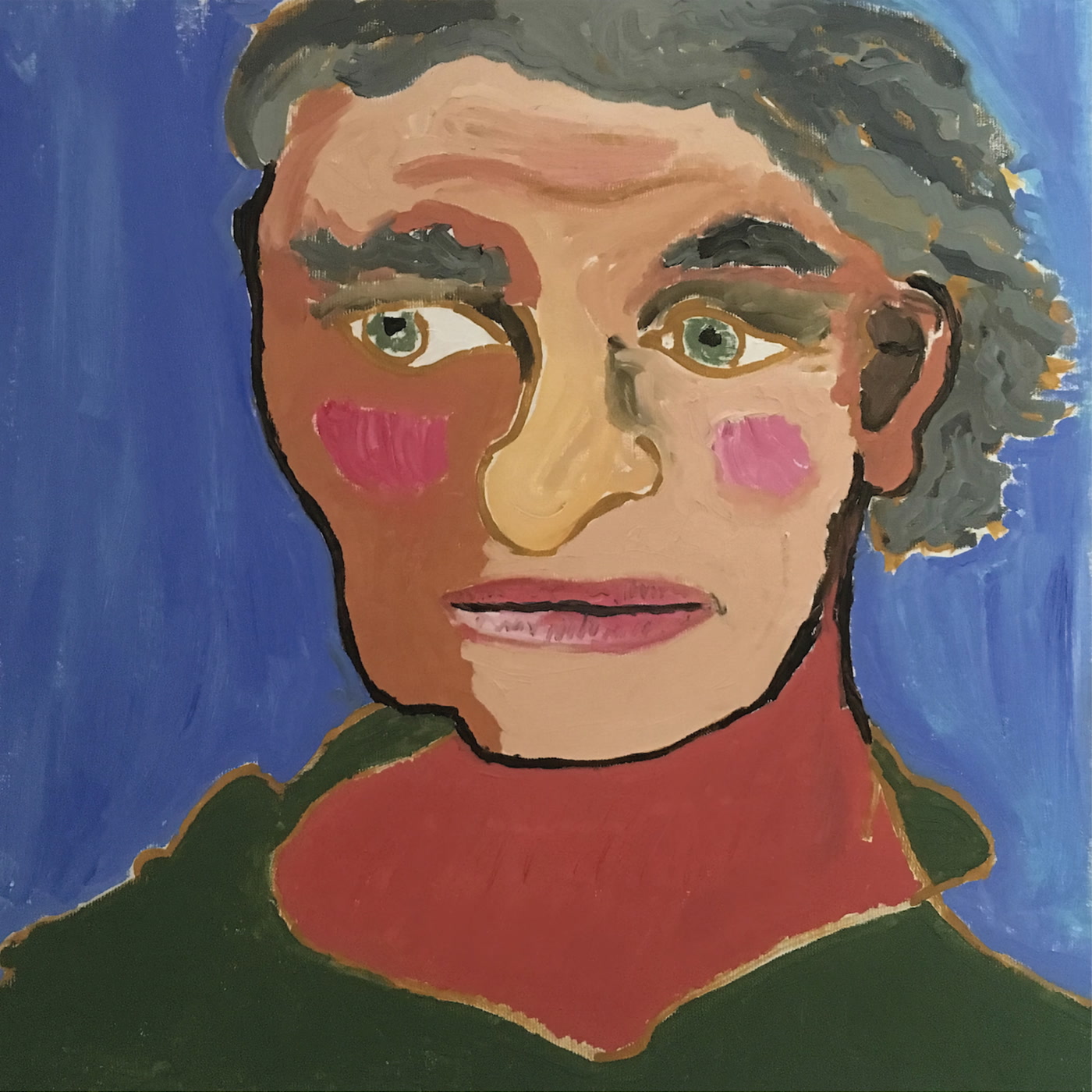
Limited (100 numbered copies) 180g black vinyl with insert.
Imagine the world that opens up to you when you turn on the POWER button on your childhood keyboard. A forgotten, dreamlike, carefree, rainbow, unique world. Longing for such a world, three representatives of Polish pianism – Piotr Zabrodzki, Marcel Baliński, and Grzegorz Tarwid – come together to create a completely new sound quality from their obsolete keyboard instruments.
Marcel Baliński – Casiotone CT-410V, OP-1, Casiotone MT-70
Grzegorz Tarwid – Yamaha Porta Sound PSS 480, Nord Stage 2, Novation Bass Station
Piotr Zabrodzki – Korg Prophecy, Yamaha CSO1, Korg 707, Yamaha SY22
LINER NOTE:
In the mid-1980s, I used to watch the popular science programme Sonda, my face all flushed with excitement. Its hosts, occasionally joined by guests, reported on the most recent technological innovations – it was through Sonda that I first learnt about the Compact Disc and discovered the electronic music composer Marek Biliński, who came on the show to demonstrate the capabilities of his flotilla of cosmic synthesisers. Back then, Sonda seemed to promise something truly extraordinary, a wholesale break from convention and the drab austerity of daily life in the Polish People’s Republic.
As it turned out decades later, I had not been unique in my erstwhile longing for the extraordinary. It has resurfaced in pop culture – games, films, and music – receiving the critical attention of such thinkers as Jacques Derrida and Mark Fisher, who have given it the name hauntology. The KI KI KI trio – consisting of Marcel Baliński, Grzegorz Tarwid, and Piotr Zabrodzki – seemingly conjures up this hauntological longing through a retro-synth-pop aesthetic. I say ‘seemingly’ because the artistically serious and deep-reaching results of their musical collaboration can be interpreted as neither a ‘sentimental journey into the past’ nor an emotionally complex yearning for a future which sounds and looks like a new species of retro-synth-pop. Besides, records bearing these hauntological features are made by the dozen now and, in my view, they offer little more than fashion-chasing superficial play with the retro-synth-pop signifiers.
While the nonchalant, irreverent track titles on their debut release might suggest otherwise, KI KI KI set a high standard — both for themselves and for their listeners. All the complexity of their music is already on display in the opening piece, Prognoza Pogody (‘The Weather Forecast’), although the group erects as few barriers to entry on this initial track as on the rest of the record – and that’s part of the album’s charm. KI KI KI’s offering appears deceptively serene and approachable in its funky retro references. In The Weather Forecast, I detect – what a surprise! – echoes of Joe Zawinul, and that is just the first of the many intentional and, one might add, very well-executed uses of a simple title for evoking unmistakable associations. Thereafter, the retro-trip vibe of the record is quickly deconstructed, and the music grows ever thicker, louder, and kaleidoscopic.
Such tension points arise on the album at unpredictable intervals. Individual sequences take shape gradually, captivating and drawing the listener in, only to bring the music to an abrupt stop, redolent of a warped cassette recording played through the Kapral tape deck. Intercity, hurtling at the listener at full throttle, echoes with krautrock and proto-industrial sounds in the vein of the fictional East German composer Martin Zeichnete, better known as Kosmischer Läufer, who invented workout music for athletes. Again, despite its apparent minimalism and trance-like character, the track is rich with detail, such as the sped-up and slowed-down tape effects mentioned above, and features intricate short solo layers, whose seeming detachment from the underlying rhythmic tension catapults the music into regions adjacent to The Residents’ early aesthetic.
KI KI KI does not set about meticulously recreating the ’60s or ’70s spirit, nor does it try to freeze time or revive the past. The album is more of an invitation, a sonic bridge to a world that never existed but could have done. The album’s closing track, Champs-Élysées, forms the opus magnum of this extraordinary group, an apex of the unpredictable and the enigmatic, an 18-minute coda. Here, as before, the trio dismantles the structure of its sonic explorations, pushing their instruments all the way up to and beyond the boundary of silence. Or, perhaps going even further, the musicians momentarily step out of the studio, leaving behind the not-quite-muted, still-warm synthesisers, cables, power supplies, and the monotonous background insect buzz of the tape recorder’s reel. But then, just as everything begins fading out to an inevitable close, the music quietly returns, resurrected from its lethargic nonexistence to ultimately end on a distant lo-fi coda, which rewards the attentive listener with an accelerated recapitulation of the musical material, as intense as it is enveloping, despite its muffled, behind-the-door sound design.
These lacunae on the final track—the pauses and the silent sequences, the liberation of sound from the confines of strict temporal organisation — leave room for attentive listeners to draw on their own experiences and emotions to fill in the narrative blanks themselves. Perhaps KI KI KI are trying to tell us that, far from narrating a story, their music says something about its audience instead.
— Grzesiek Tyszkiewicz,
(translated into English by Jakub Gutkowski)

